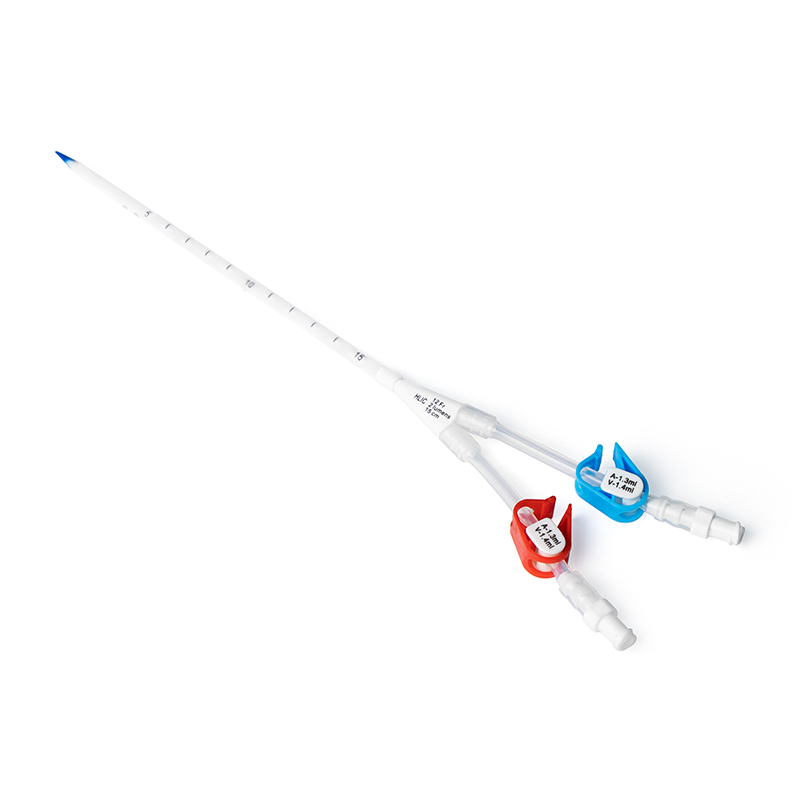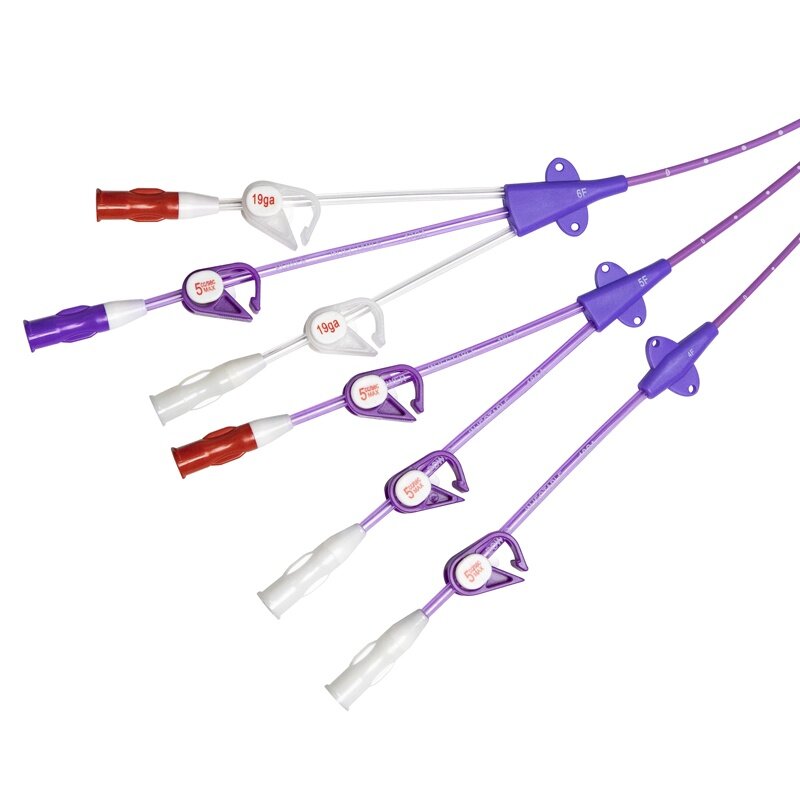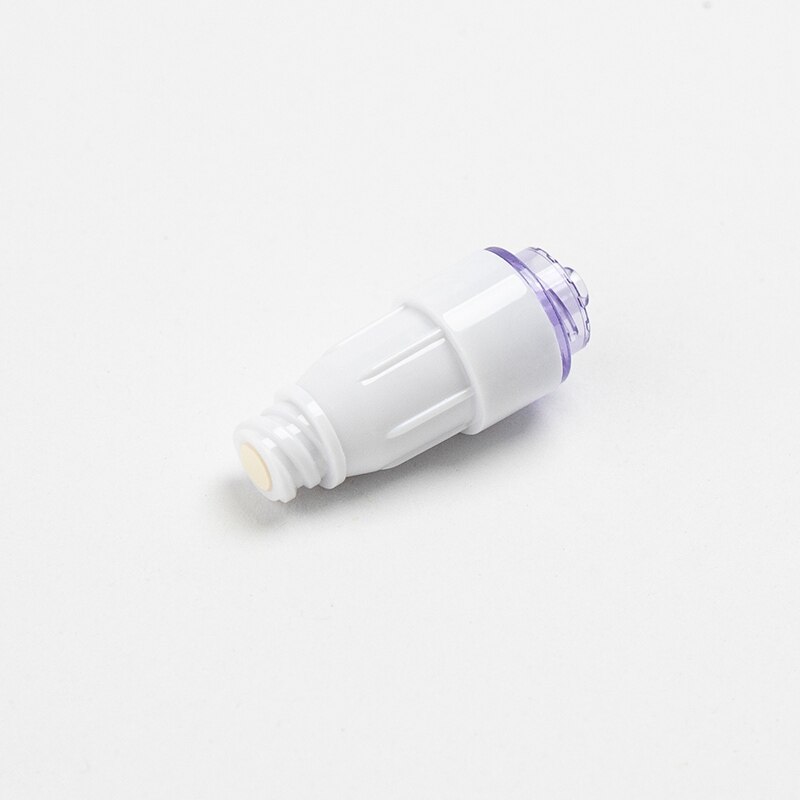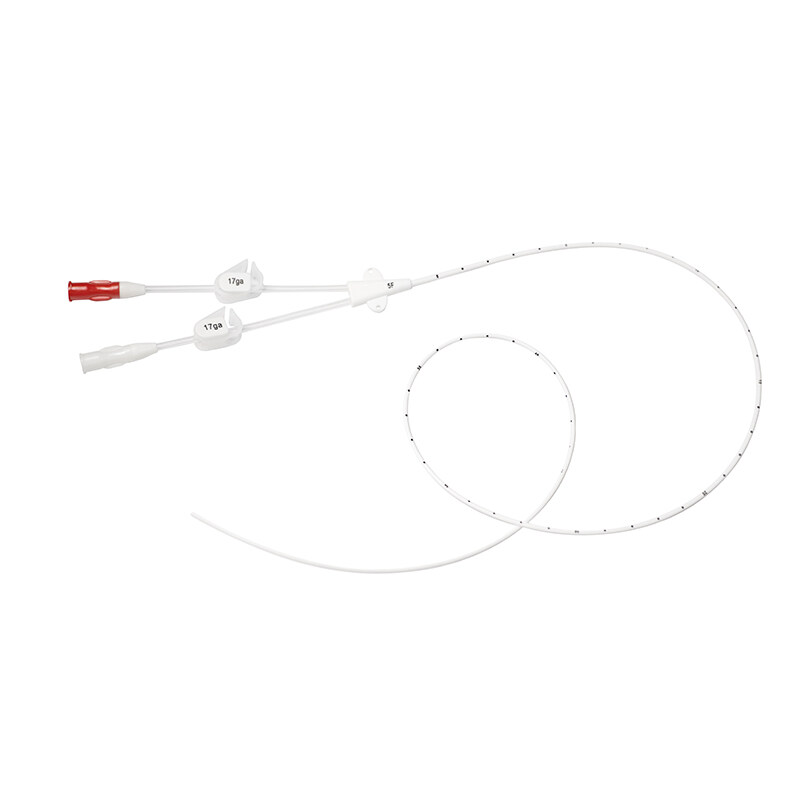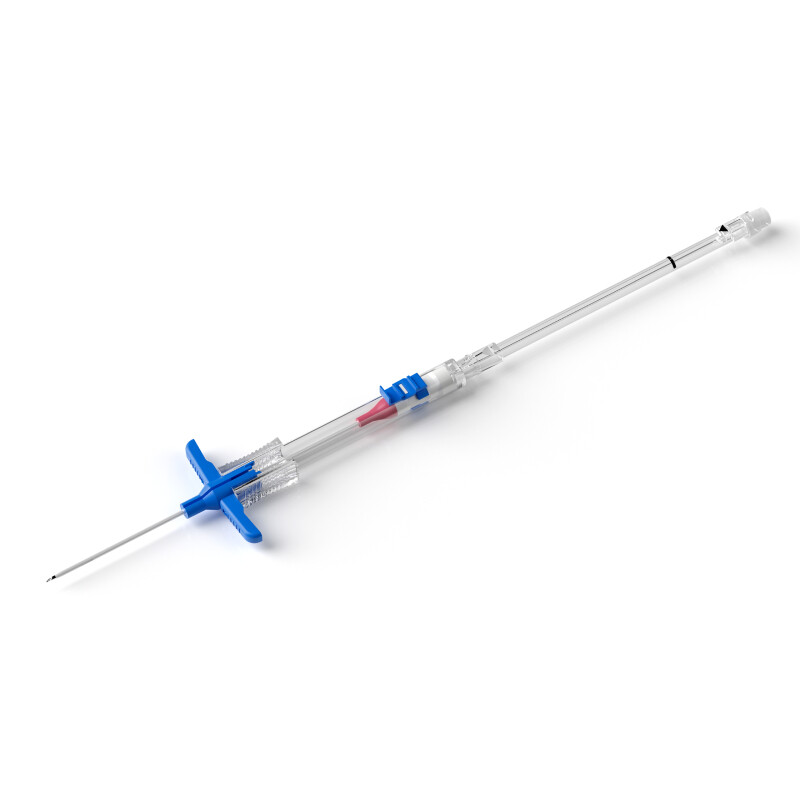Needleless valve systems are an innovation in drug therapy that provides a safer, more efficient, and patient-friendly method of delivering medications without the use of traditional needles.
Clear Needleless Valve
A clear Needleless Valve is suitable for establishing connecting paths between infusions and infusion bottles, blood transfusion bags, and solution bags without injection needles. A needleless infusion valve can be used to connect different medical devices in the same way.

Features
● Plastic silicon split septum type
● Zero-filled cavity volume
● Top seal with silicon
● Straight liquid path
● Transparent design
● No metal
Understanding the Impact of Needle-less Valve Systems on Pharmacotherapy
Improved Safety Measures
Needle-less valve systems significantly reduce the risk of needlestick injuries, which healthcare professionals often encounter during medication administration. These systems minimize exposure to bloodborne pathogens, offering a safer environment for both healthcare providers and patients. The elimination of needles reduces the chances of accidental needle pricks, decreasing the possibility of infections and associated complications.
Enhanced Patient Comfort
Patients often experience anxiety or fear associated with needles. Needle-less valve systems alleviate this concern, making the medication administration process more comfortable and less daunting. The elimination of needles reduces pain and discomfort during the administration process, particularly for patients requiring frequent injections. Improved patient comfort can lead to better treatment compliance and overall satisfaction with the pharmacotherapy process.
Reduced Contamination Risks
Traditional needles can introduce contaminants into vials or medication containers. Needle-less valve systems minimize this risk by eliminating direct contact between the medication and potential contaminants. These systems offer a closed, sterile environment, reducing the chances of microbial contamination, and thereby ensuring the integrity of the medication being administered.
Enhanced Accuracy and Precision
Needle-less valve systems provide more precise dosing, allowing healthcare professionals to deliver medications accurately. They offer better control over the flow rate and volume of medication, ensuring that patients receive the appropriate dosage as prescribed by their healthcare providers. Improved accuracy in medication administration can lead to better treatment outcomes and reduced chances of medication errors.
Cost-Effectiveness
Although the initial investment in needle-less valve systems might seem higher, they can lead to cost savings in the long run. Reduction in needle-related injuries can result in decreased healthcare costs associated with treatment of injuries, including testing, treatment, and potential litigation. Moreover, the decreased risk of contamination and better accuracy in dosing can minimize medication wastage, contributing to cost-effectiveness in healthcare settings.
Versatility and Adaptability
Needle-less valve systems are adaptable and compatible with various types of medications and administration routes, including intravenous, subcutaneous, and intramuscular injections. These systems offer flexibility in terms of usage across different healthcare settings, catering to the diverse needs of patients undergoing pharmacotherapy. Healthcare providers can seamlessly integrate needle-less valve systems into their existing practices, enhancing efficiency without requiring significant workflow changes.
Conclusion
Needle-less valve systems represent a significant advancement in the field of pharmacotherapy, offering numerous benefits to both healthcare professionals and patients. From improving safety measures and enhancing patient comfort to reducing contamination risks and enhancing accuracy, these systems changed the way medications are administered. As technology continues to evolve, the widespread adoption of needle-less valve systems is poised to transform the landscape of pharmacotherapy, paving the way for safer, more efficient, and patient-centric healthcare practices.

